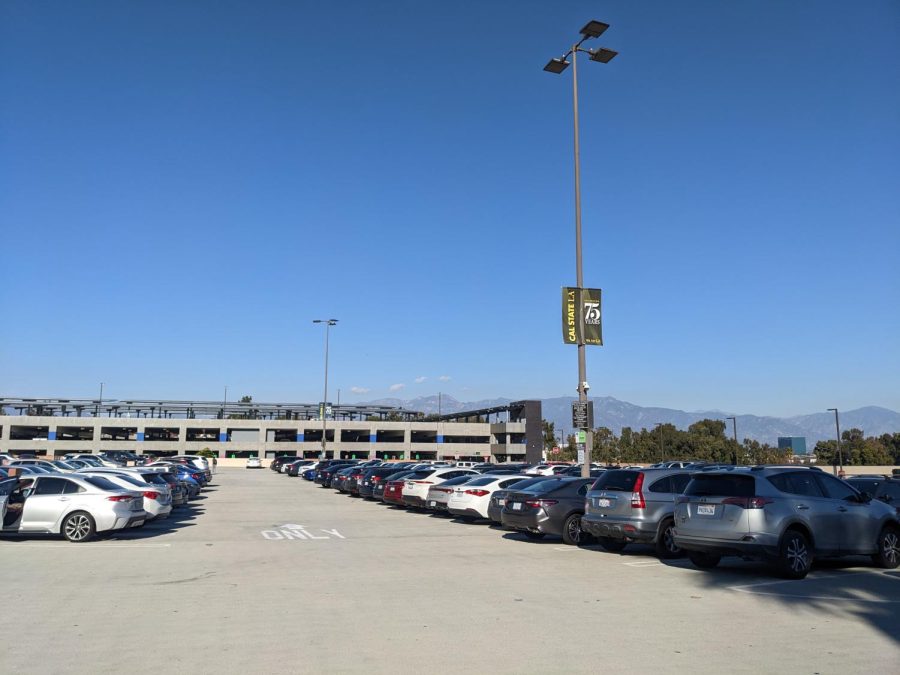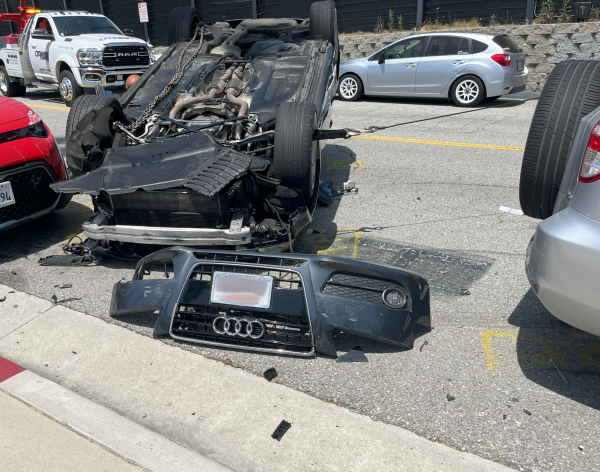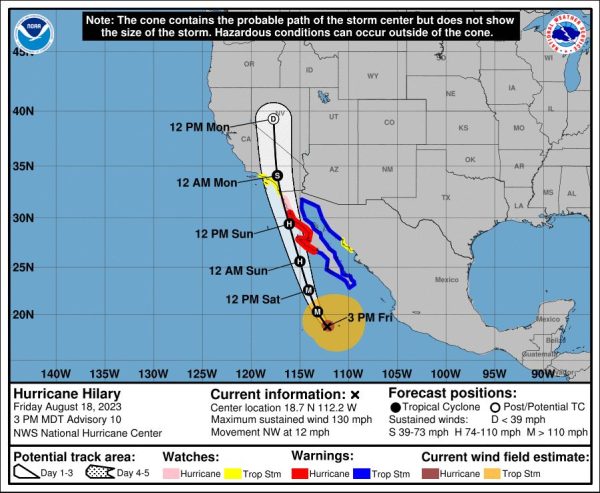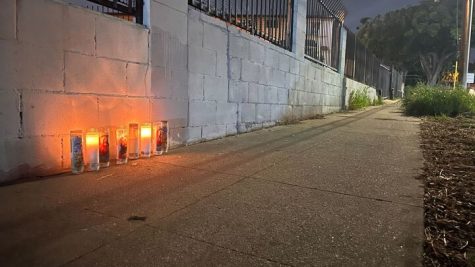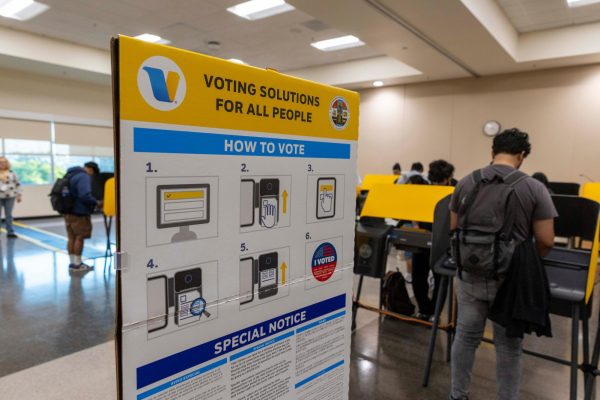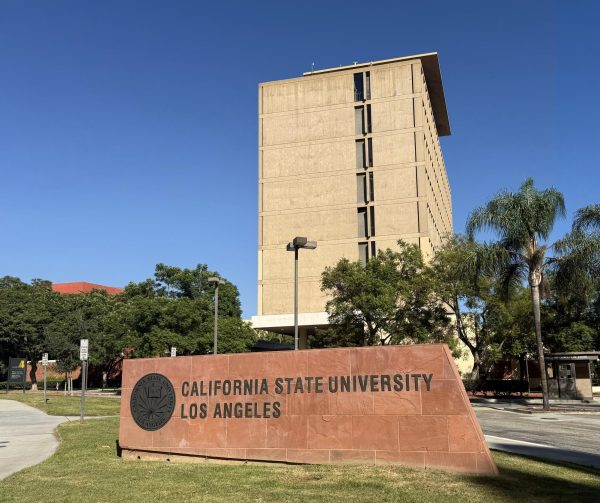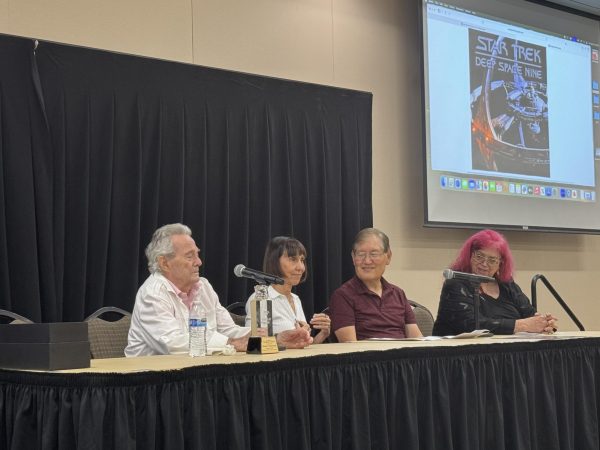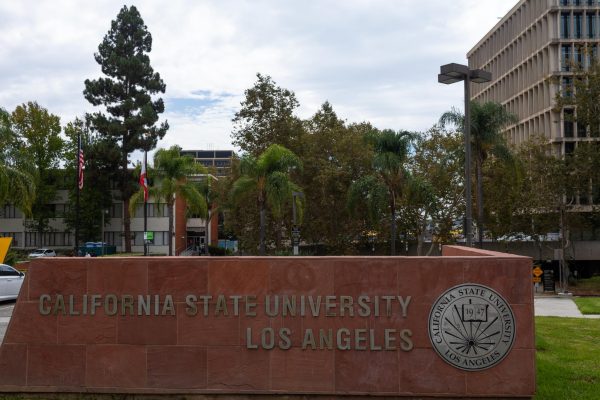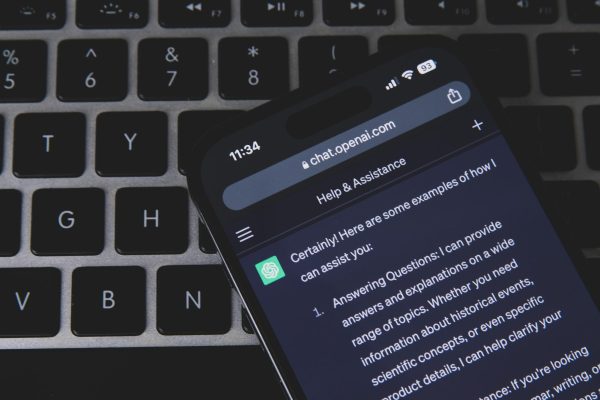BREAKING: Cal State LA increases parking permit fees by 10% due to Los Angeles Tax
The Los Angeles parking occupancy act was instituted in 1990 which imposed a 10% tax on occupying a space in any parking facility in the city. Previously, Cal State LA and other colleges and universities were exempt from the tax until the 2019 California Supreme court ruling.
In a campus-wide email, Cal State LA’s Parking and Transportation services stated that starting Jan. 1, 2023, all permits, including hourly, daily, monthly, and semester permits, will include a 10% tax.
The tax is due to the 2019 California Supreme Court Ruling in the City & County of San Francisco v. Regents of the University of California. The ruling allowed charter cities to require state colleges and universities to impose the Los Angeles parking occupancy tax.
In addition to the 10% parking occupancy tax, all faculty and staff also had their employee parking rates increased by 3%.
Represented employees will have rates increased respective to their collective bargaining agreements for Fiscal Year 2022-2023.
Parking rates for individuals unaffiliated with Cal State LA, daily, hourly, and two-wheel parking will experience a 5% tax.
These changes are due to approved employee rate changes.
Non-represented employee permits will be charged an additional $22.66 due to the Los Angeles tax.
On-campus residents will be exempt from the city parking occupancy tax. More information about the prices for 2023 parking permits can be found on the Cal State LA Parking website.
For students, the new tax would add an additional $22 to the semester parking permits.
“I don’t think it’s 100% correct for them [Cal State LA] to tax us, because we are coming to school,” Tresa Espinoza, a criminal justice major, said. “We’re here to get a degree and I feel like we have to pay so much for tuition.”
According to the Cal State LA Communications and Public Affairs Office, the college opposed the tax and managed to postpone the original start date from June 1, 2022 to Jan. 1, 2023.
Emmanuel Cortez, a psychology major, relies on driving as his main source of commute to campus.
“It’s a big financial constraint for many students, considering gas, food, textbooks, and courses,” Cortez said. “Many students do rely on the financial aid they get, and they have to split it out evenly among other expenses.”
More information on alternative methods of transportation can be found on the student commuting options page.

Anne To is the Editor in Chief of the UT and also the co-Station manager of the Golden Eagle Radio. She loves working on audio production with radio, podcasting,...

